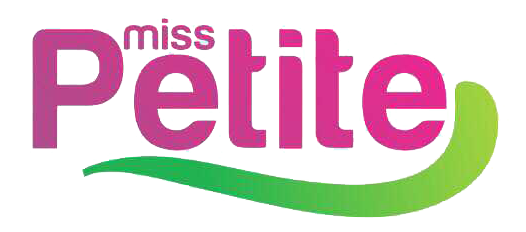World Bank needs Nigeria to strengthen reforms of its currency, the naira, before it can approve a $1.5 billion loan, its country director said yesterday.
Nigeria needs the support to survive low oil prices and make it through the economic shock of the COVID-19 pandemic. “We recognise how much Nigeria has done,” Shubham Chaudhuri, the World Bank’s Nigeria country director, said during a webinar with journalists. “There needs to be a little bit more.”
World Bank loans are often contingent upon reforms, and its officials said previously it was “recommending” a more unified, flexible exchange rate. The Nigerian naira hit 500 per dollar on the black market last month as a dollar scarcity squeezed the economy.
Nigeria’s central bank devalued the official rate by 15 per cent in March and weakened the foreign exchange rate for exchange bureaux in November and in March. But the gap between the official rate and the parallel markets remains large.
The situation is pressuring the economy and making it difficult for private companies to get the dollars they need to import into Nigeria. A Central Bank of Nigeria (CBN) official previously told Reuters it also could cause remittances to slow and exporters could refuse to repatriate their proceeds.
Meanwhile, the Federal Government yesterday, expressed misgivings over the ability of the electricity distribution companies (DisCos) to pay over N1.5 trillion loan given to them to defray their indebtedness.
In an interview with the Special Assistant to the Minister of Power, Aaron Artmas, he said that the money was to defray the indebtedness between Nigerian Bulk Electricity Trading (NBET) and the generating companies (GenCos).
“It is to defray the shortfall in payment. But the Federal Government’s intervention is in the tune of about N1.3 trillion. That is the one I know because around September, last year, the Federal Government gave N601 billion. But earlier, in 2017, the intervention was about N900 billion. Those are the interventions because the DisCos are unable to remit the cost of electricity wheeled to them and they (government) had to do that. And then I understand that the CBN and Nigerian National Petroleum Corporation (NNPC) had come together to negotiate some of the indebtedness to the gas companies. That amount has not been defrayed. So, the conservative estimate is around N1.4 trillion to N1.5 trillion. Recently, the government has called on the DisCos to brace up because the government cannot continue to intervene in their situation. Actually, there is no subsidy in the power sector. But then the president has to intervene in the power sector so that the shortfalls do not increase much.
“They are supposed to pay back. As I said earlier, it is not a subsidy. What is not a subsidy should be paid back. When they will pay back we don’t know because they keep complaining and the Nigerian public are also complaining of high tariffs. They are saying that they are providing services that are not commensurate with the cost of production. That is the problem with the DisCos. They are saying that the tariff is not cost-effective. What they mean by that is that the cost of production outweighs the cost of payment. So, this is a major problem. But they have also braced up. With the Federal Government’s intervention in the metering also, they will be able to control their revenue generation.
“Although, substantially, the sector is commercialised or privatised, people don’t want to understand that it is not the responsibility of government to make all those payments. When they (DisCos) signed the Multi Year Tariff Order (MYTO), the idea is that all these things are in the private hands…”

Olalekan Ajimoti – Blogger, Content Writer, and Digital Marketer helping brands and retailers build 8-figure e-commerce since 2016.
As a corporate trainer, brand communications expert, and brand consultant, I help people start, stay and grow in business leveraging digital skills and traditional expertise.






